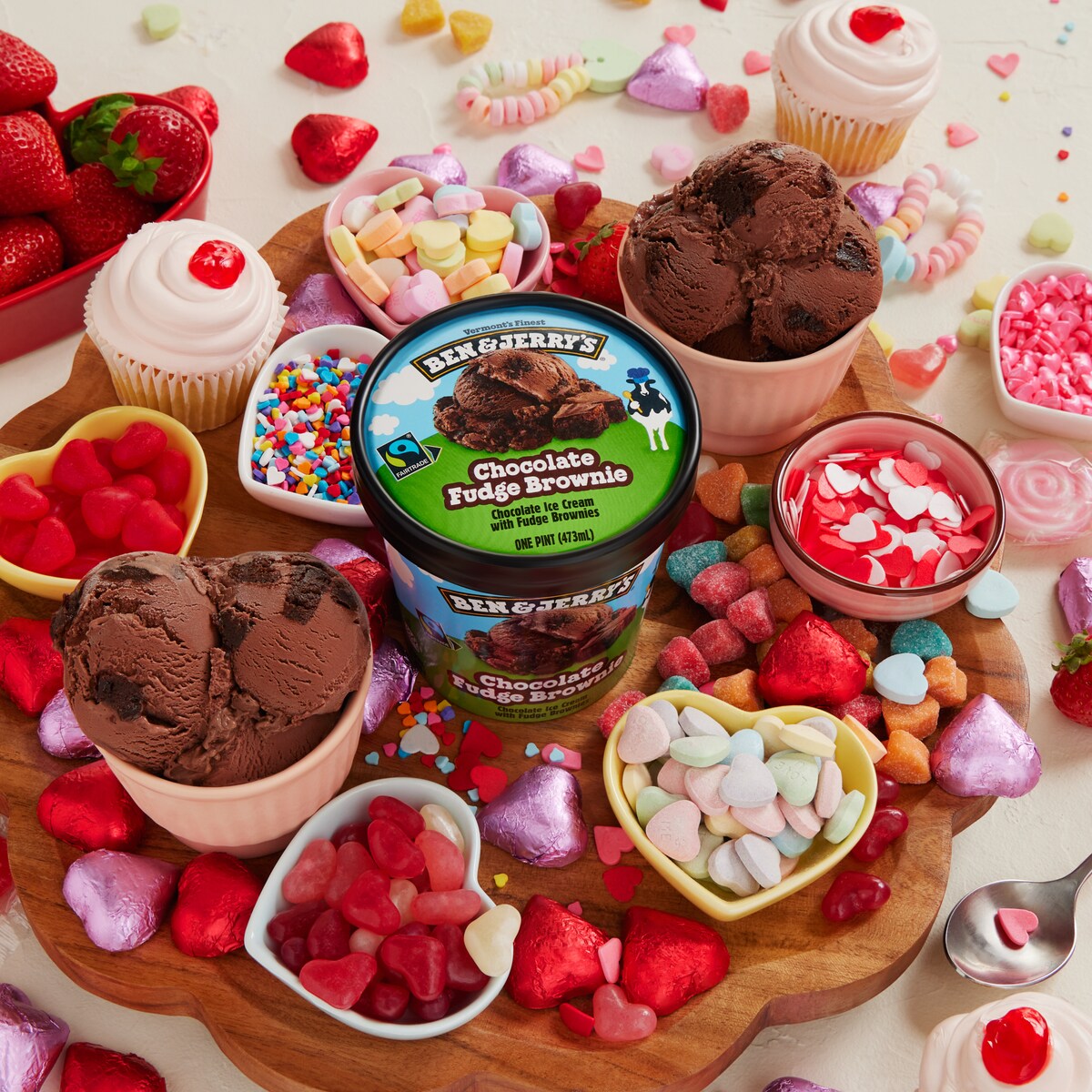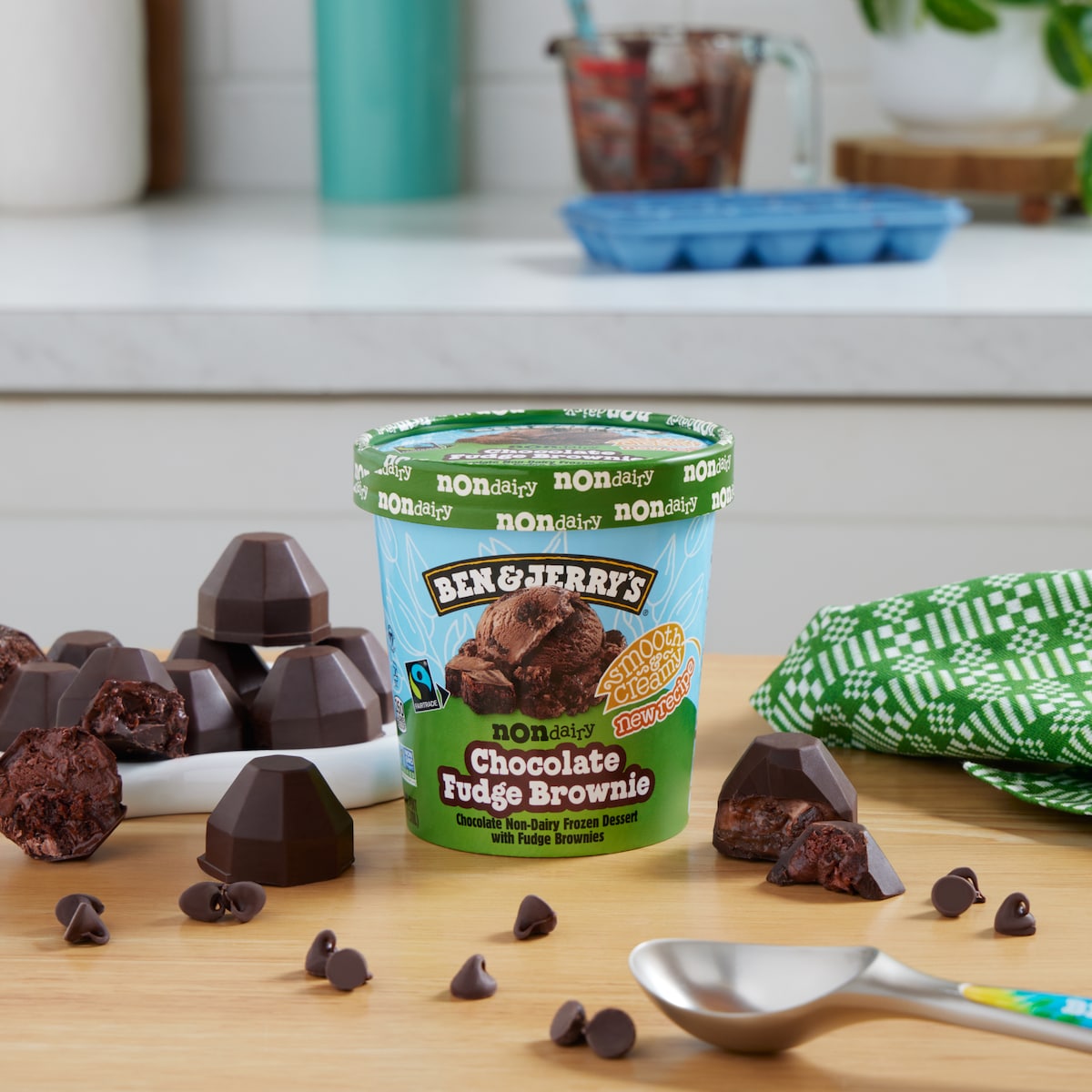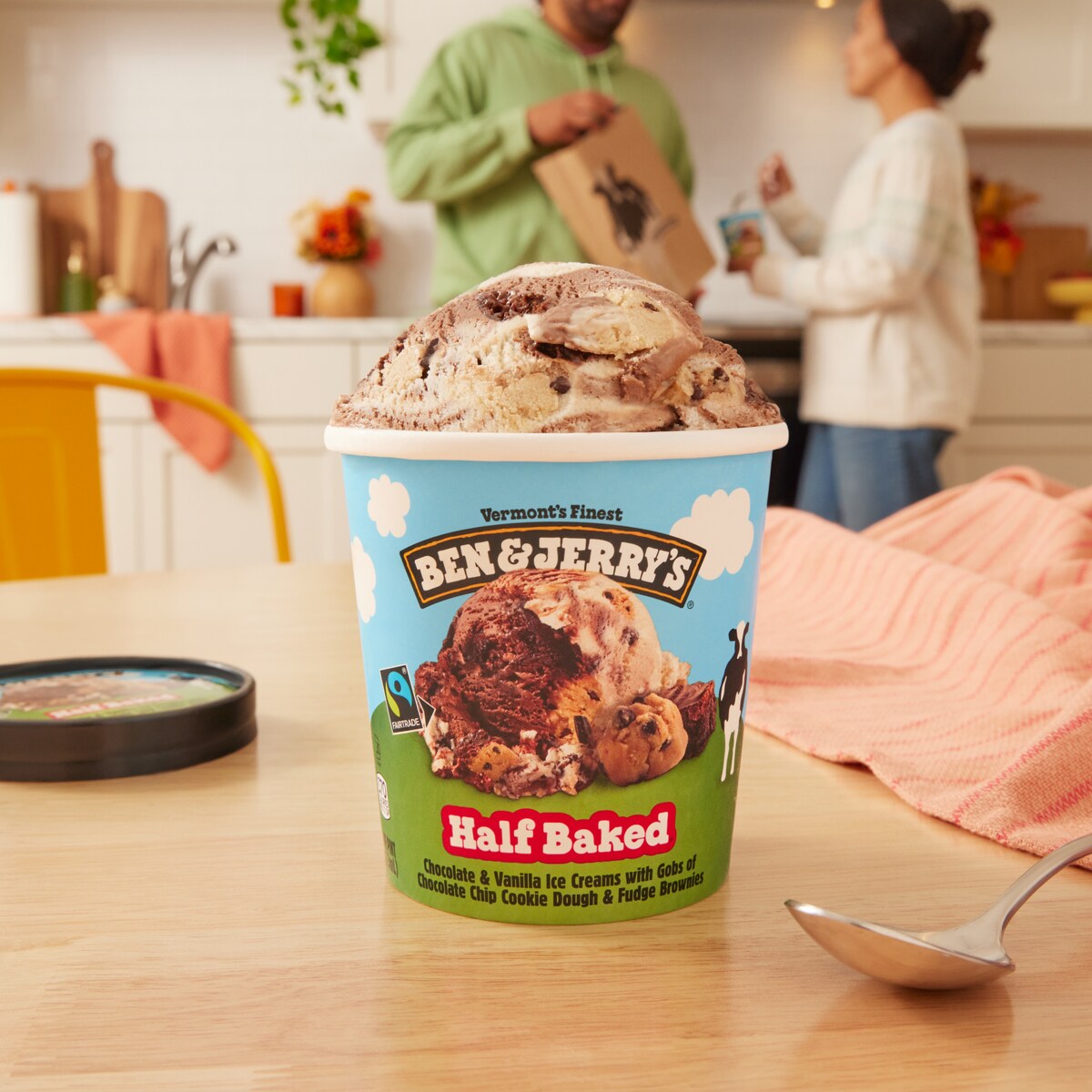December 4, 2015
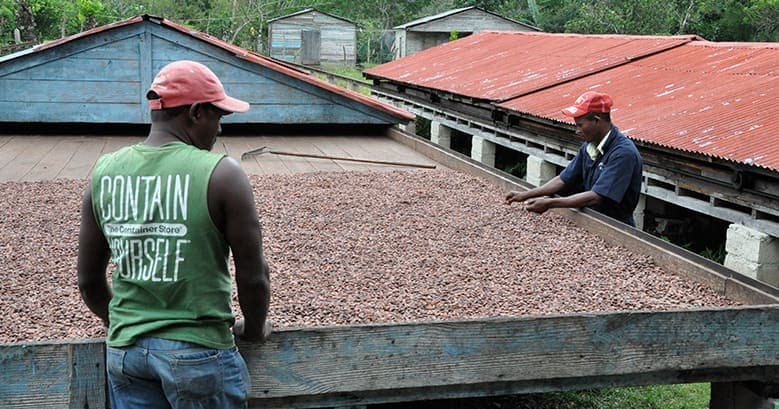
If there’s one thing that’s clear from the UN Climate Conference (COP21) in Paris, it’s that climate change affects all of us. Food is something that unites everyone across the world, from the farmers’ harvest, to companies that use those ingredients to make products (like Ben & Jerry’s), to the people that get to enjoy those products.
Climate change is already disrupting food production, and is projected to have an even bigger impact in the future, especially in the developing countries where small-scale farmers work to provide a majority of the world’s food production. Even before climate change, these farmers often struggled to compete in a fierce global marketplace. Fair trade is a global movement to ensure they receive a fair price for their harvest, use environmentally sound farming practices, implement fair working standards, and invest in their communities. Now, organizations like Fairtrade International are including climate change as an important part of their work.
In Paris, Ben & Jerry’s Social Mission Activism Manager Chris Miller participated in a Fairtrade and Climate Change side event, where we heard from farmers representing growers in Latin America, Africa, Cambodia and France. The farmers shared their struggles with the changes they are seeing from climate change, from dramatic shifts between drought and floods, to the increase in pests that can decimate a whole year’s crop. They also stressed the importance of implementing a number of practices from crop diversity to agro-ecological approaches that help make their farms more resilient to climate change.
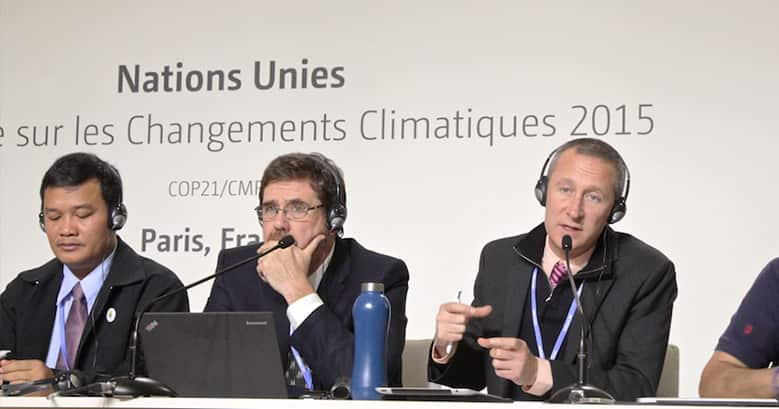
With an expected 70% increase in the demand for global food production by 2050, it’s not surprising that climate change is fast becoming a major driver of food insecurity. The pressure is on to not just adapt to a climate changed future, but grow models of sustainable agriculture that can thrive around the world.
“You have to transform while building reliance,” says panelist Zaheer Fakir, Global Climate Fund Board Member. “We must change behavior, and be the catalyst of that change.”
That’s a tall order, but fair trade is an important part of helping small-scale farmers in the face of climate changes they had little part in creating. That’s why, earlier this year, we completed converting all of sugar, cocoa, vanilla, coffee and bananas to Fairtrade Certified sources. But as Fakir, Miller, and other panelists make clear, the consumer has a lot of influence over the outcome, also. And as the COP21 continues, it’s really important to voice your support with your own dollars, and ensure that fair trade can help farmers through the challenges of climate change.
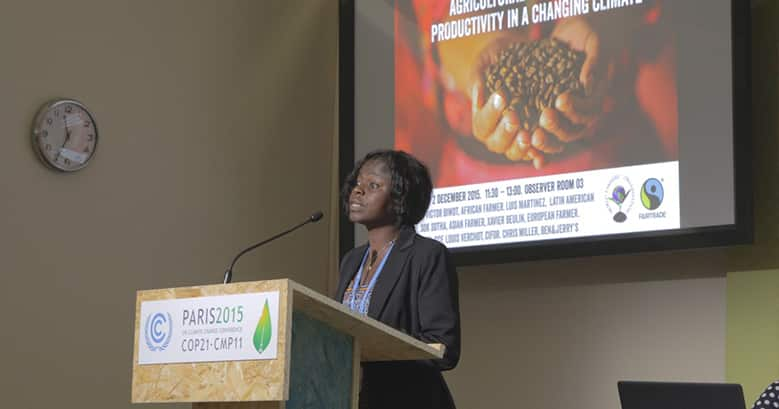
Recent Articles
Join The Climate Movement
-
With a landmark climate action agreement in place including commitments from 196 countries to fight climate change, now is the time to keep the pressure on and ensure swift action. This climate agreement wouldn’t have happened without millions of people around the world taking action. And we won’t be able to meet the ambitious goals of the Paris Agreement without millions and millions more people taking action in support of a rapid transition to clean energy. Paris was just the beginning, not the end. Let’s get to work towards a greener, cleaner future. Add your voice to the millions demanding action and sign the petition today!

